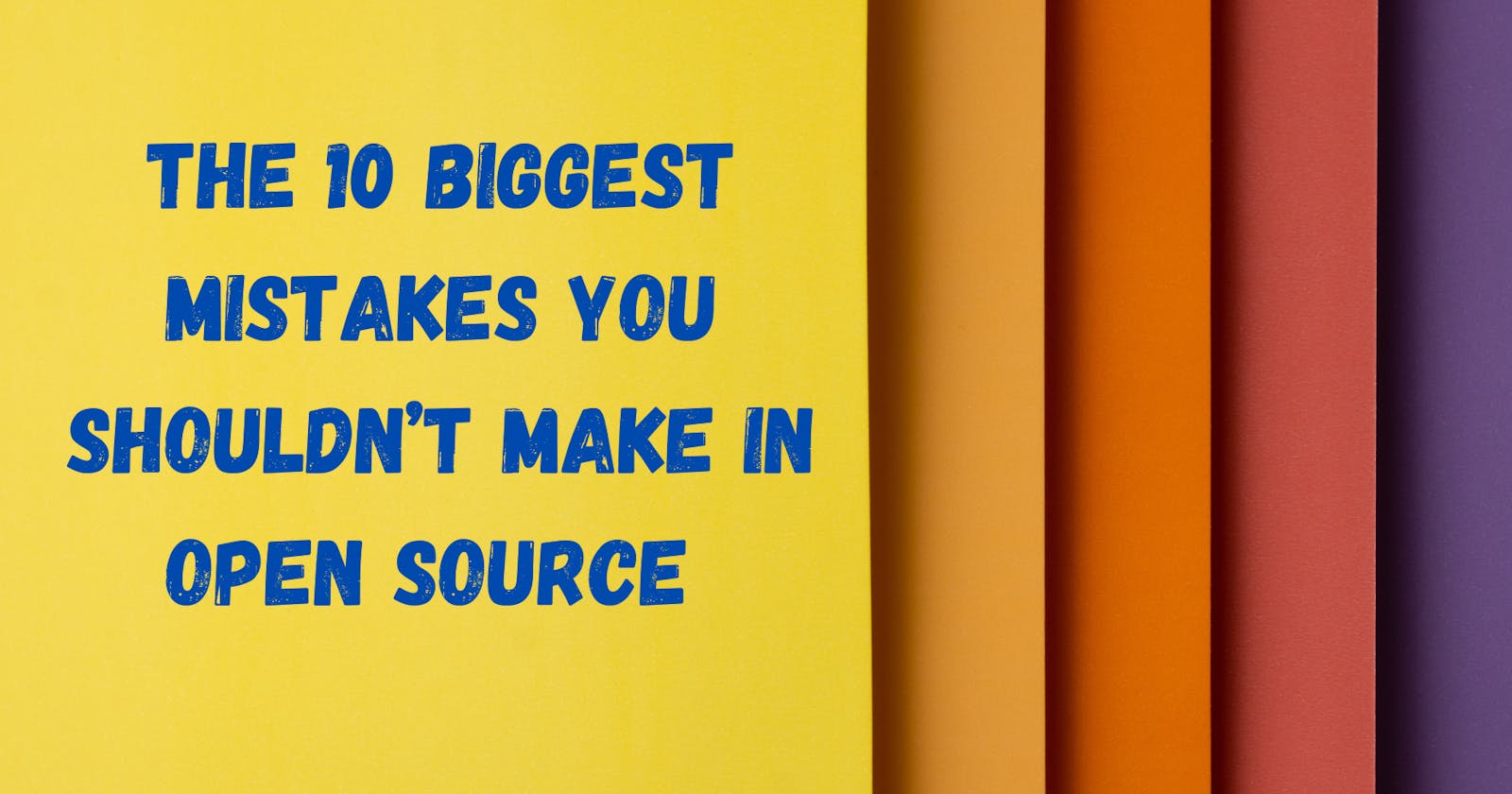Table of contents
- Context
- 1. Not saying Please and Thank you
- 2. Not Being Considerate And Empathetic
- 3. Thining Only Code Matters
- 4. Trying to start too big
- 5. Not Doing Your Research
- 6. Not Seeking Mentorship
- 7. Not Attending meetup and Events
- 8. Not Sharing Your Learning
- 9. Not Experimenting In Open Source
- 10. Not Making Friends Along The Way
Context
Hey Everyone, My name is Vamshi Reddy. So recently I attend kubecon + cloudnativecon north America 2022 virtually, and I attend some of the best sessions from the student track and 101 track. One of the Sessions is about "The 10 Biggest Mistakes You Shouldn’t Make In Open Source " by Divya Mohan and Bill Mulligan, shout out to them for this amazing session. So I decided to blog about this session.
1. Not saying Please and Thank you
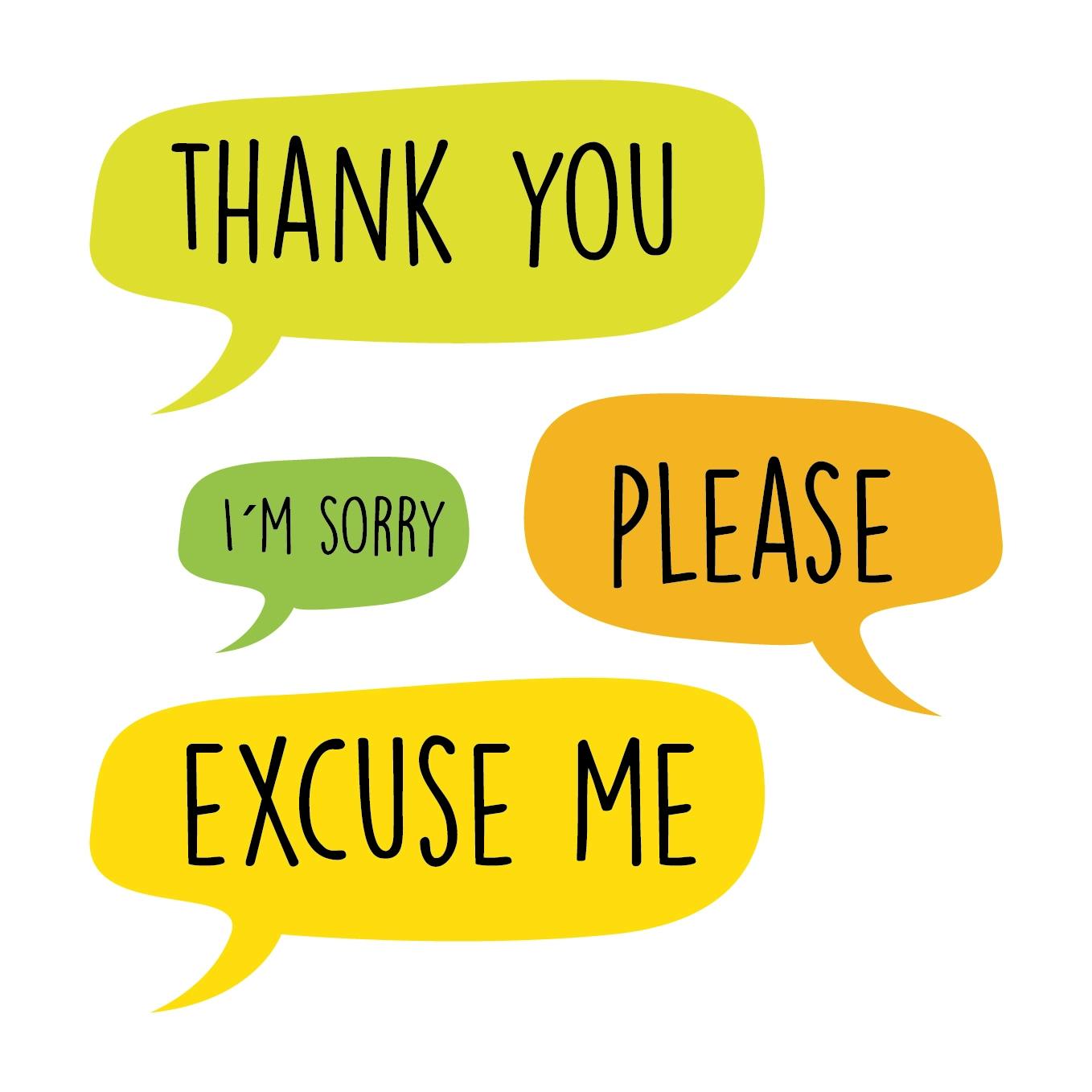 Basic etiquette, This is what every preschool teaches children to say PLEASE and THANK YOU. But unfortunately, as we grow old we kinda forget to show some basic decency. So next time when you want to seek someone's help, please show some basic decency.
Basic etiquette, This is what every preschool teaches children to say PLEASE and THANK YOU. But unfortunately, as we grow old we kinda forget to show some basic decency. So next time when you want to seek someone's help, please show some basic decency.
2. Not Being Considerate And Empathetic
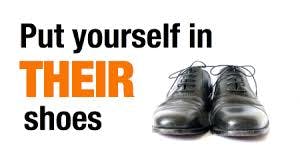 When we talk about Not being considerate and empathetic means that a human being on the other end is probably going through some personal struggle of his/her own and we must take into account
i.e, being considerate and empathetic.
When we talk about Not being considerate and empathetic means that a human being on the other end is probably going through some personal struggle of his/her own and we must take into account
i.e, being considerate and empathetic.
So in open sources, when we talk about interacting with another human being, maybe from another part global is it easy to take things for granted the fact that a person is not doing this open source as a full-time job but that person is there for you as a maintainer or as a contributor. So targeting that person via DM's and email or Linkedin message like 'WHERE ARE YOU?' is not good. we always tend to miss this small logic that he/she might be busy with their work or they have a life of their own.
3. Thining Only Code Matters
Next thing is that Thing only code contribution matters. If someone says code can be self-documenting then that is not the case. Code can't be self-documenting for everyone, as there are a lot of new contributors coming every day for contributing to open source, so having good documentation helps a lot.
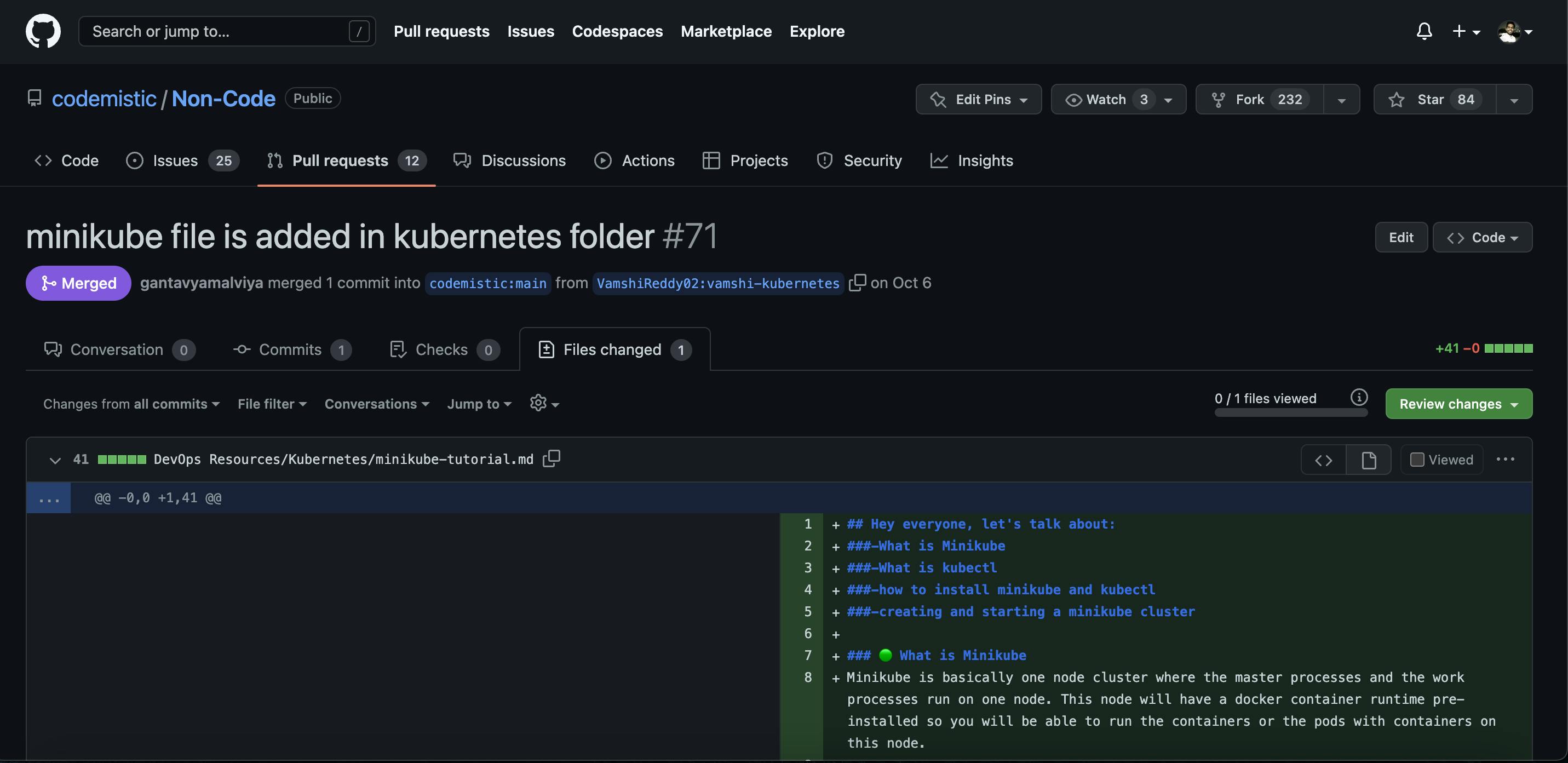
This is me adding documents to the project☝️
Next thing is to attend events or you can host an event so that can meet amazing people from around the world.
4. Trying to start too big
Next, you shouldn't do in open source is try to start too big. You don't want to come in with 10,000 line PR to a project, and maintainers aren't going to be happy and probably won't get accepted.
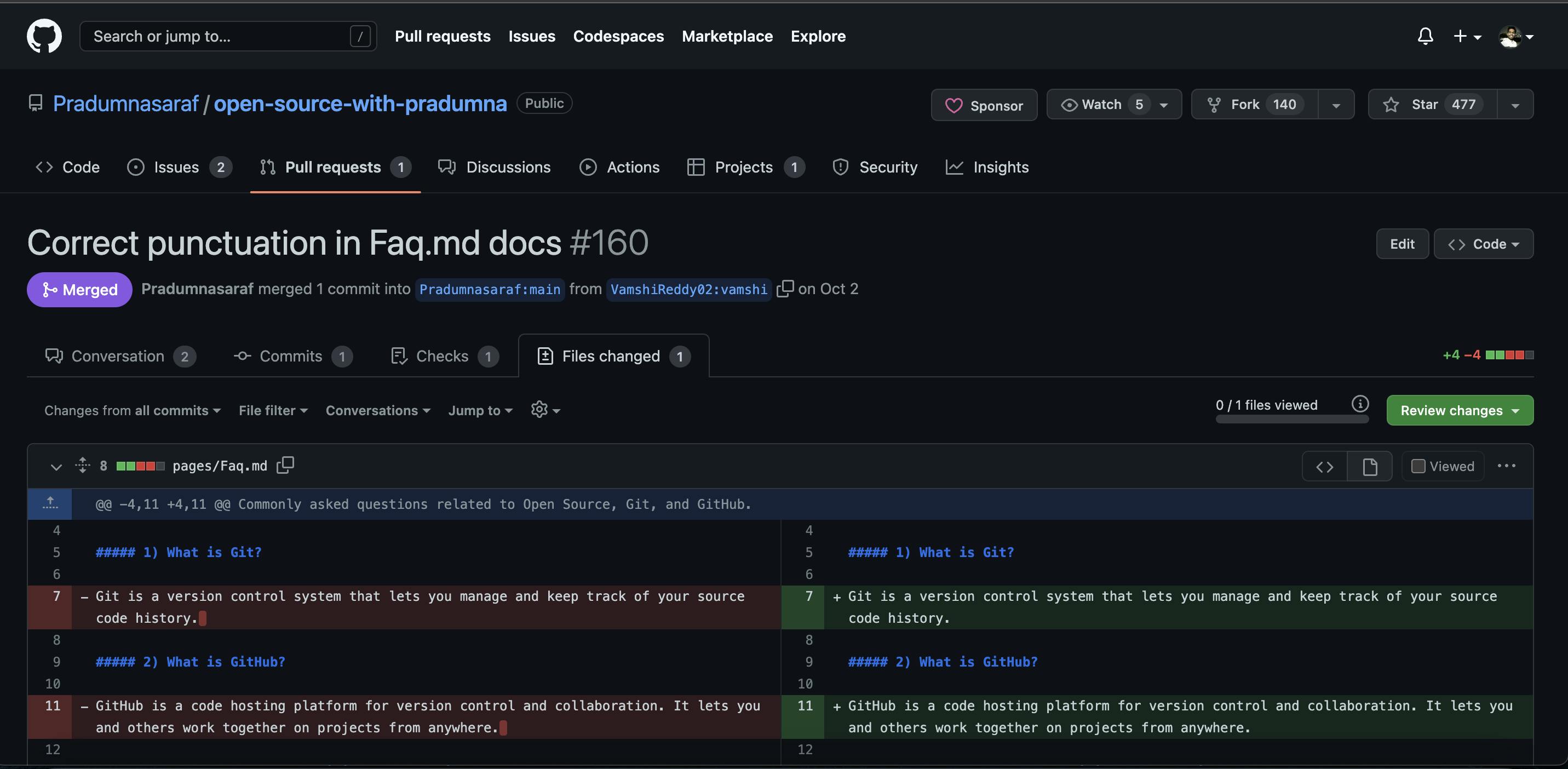
This is my first contribution☝️
5. Not Doing Your Research
As you start to contribute to an open-source project, there are a lot of resources in a lot of projects and you should do your research before contributing to open source project. Because sometimes maintainers get annoyed by the question asked repetitively. The best way to start contributing to open source is to go through the README .md file so that you can get a proper overview of the project.
And if find any problem while solving an issue then first try to GOOGLE that problem before asking the maintainer.
6. Not Seeking Mentorship
As a newcomer, when you step into open sources, you might feel that the project is too overwhelming and remember open sources is not a lonely journey. If and community thrives then all the member in that community thrives. So people in the community are available to mentor you, it's just about you seeking them out.
And there are some paid mentorship programs like LFX mentorship and Outreachy Internships etc.
7. Not Attending meetup and Events
Attending meetups is a great way to network with people. If I take the example of kubecon, you get to learn a lot from those keynote sessions and many others like the student track and 101 track etc. It also helps you to find a mentor or someone who can help you out with your next project.
8. Not Sharing Your Learning
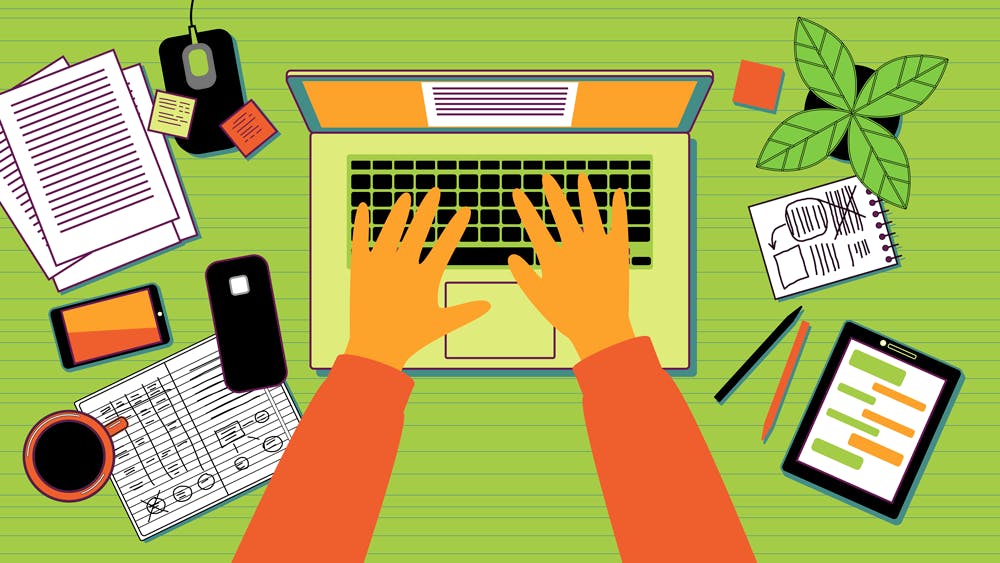 Learning in public is a great way to showcase your skill set. This helps you get paid via technical writing if you create content via blogs. Learning in public creates a lot of opportunities. It creates a personal brand. It also helps you to develop technological skills. As you are sharing your learning on a public platform, it helps the community to learn from your experience or from your mistakes.
Learning in public is a great way to showcase your skill set. This helps you get paid via technical writing if you create content via blogs. Learning in public creates a lot of opportunities. It creates a personal brand. It also helps you to develop technological skills. As you are sharing your learning on a public platform, it helps the community to learn from your experience or from your mistakes.
Writing a blog or tweeting your learning is also an open-source contribution to the community.
9. Not Experimenting In Open Source
Open Source is all about choosing your own adventure. It means that you can explore so many open-source projects and you get to meet so many amazing people.
10. Not Making Friends Along The Way
While contributing to the Open Source project, why not make friends along the way? Otherwise, it will be a long-long boring journey with no one to accompany you.
